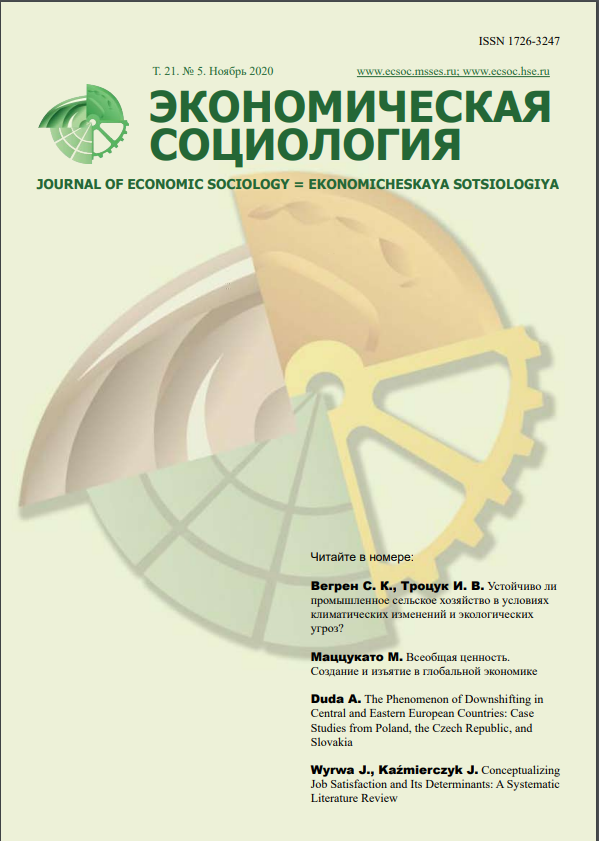A Loosening Grip: Why Do Autocracies Engage in the Neoliberalization of Their Welfare Sectors?
Аннотация
Despite the wealth of studies on neoliberalism, research on why authoritarian states engage in processes of neoliberalization remains scarce. Therefore, our article seeks to explore why autocracies use neoliberal power practices, which, as suggested by Foucauldian governmentality approach to neoliberalism, are understood as governance techniques aimed primarily at disciplining and controlling populations through promoting the free market as a key form of societal organization. Empirically, these power practices can manifest in a state’s withdrawal from the provision of welfare services. However, scholars have argued that control over the public sector is essential to the maintenance of authoritarian regimes, and hence, governments must have compelling reasons to opt for its neoliberalization. In this study, we employ three mutually nonexclusive theoretical perspectives that suggest incentives that may motivate autocrats to retreat from the welfare sector; these are the authoritarian legitimation, authoritarian modernization, and political economy perspectives. By means of a fuzzy-set qualitative comparative analysis, we tested the foregoing theories on a sample of 42 autocracies active during 1980–2005. The results revealed that authoritarian modernization theory has the highest explanatory capacity, as it identifies two distinct pathways to public sector neoliberalization—internal and external policy considerations or one of the two—while the political economy perspective was an important theoretical concern in several cases. Overall, our paper contributes to research on the governmentality approach to neoliberalism and serves as a departure point for further investigations into neoliberal authoritarianism.













